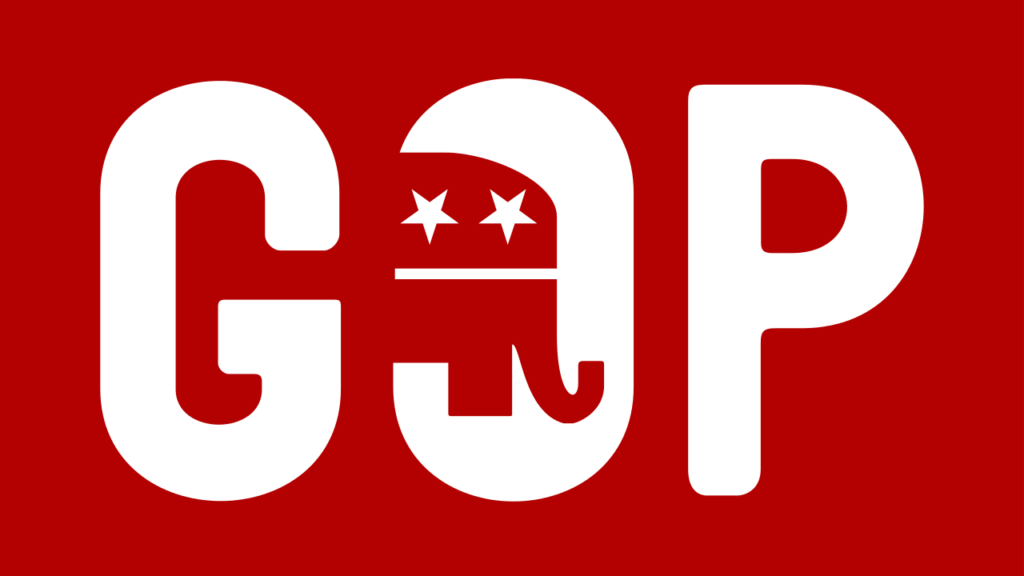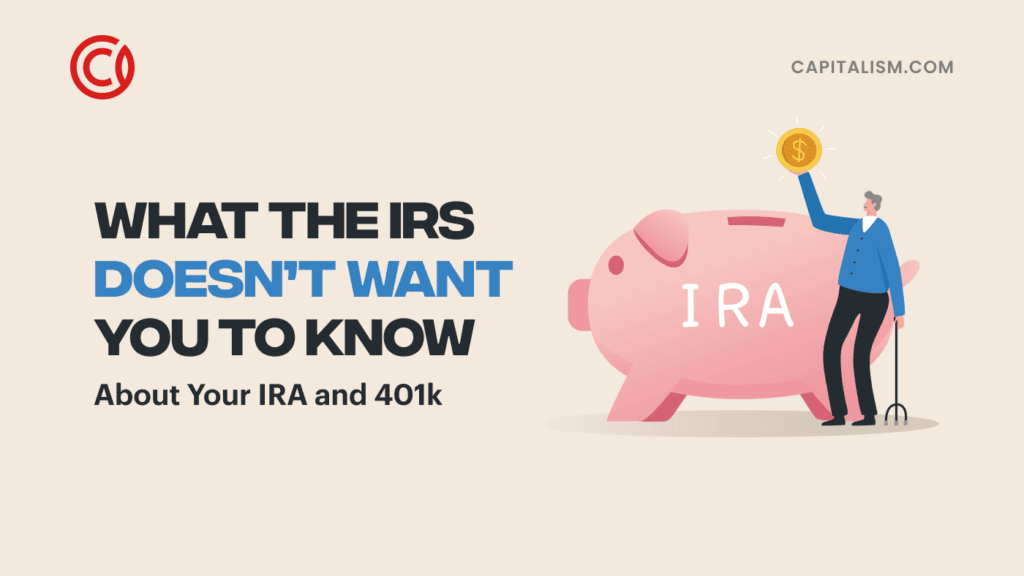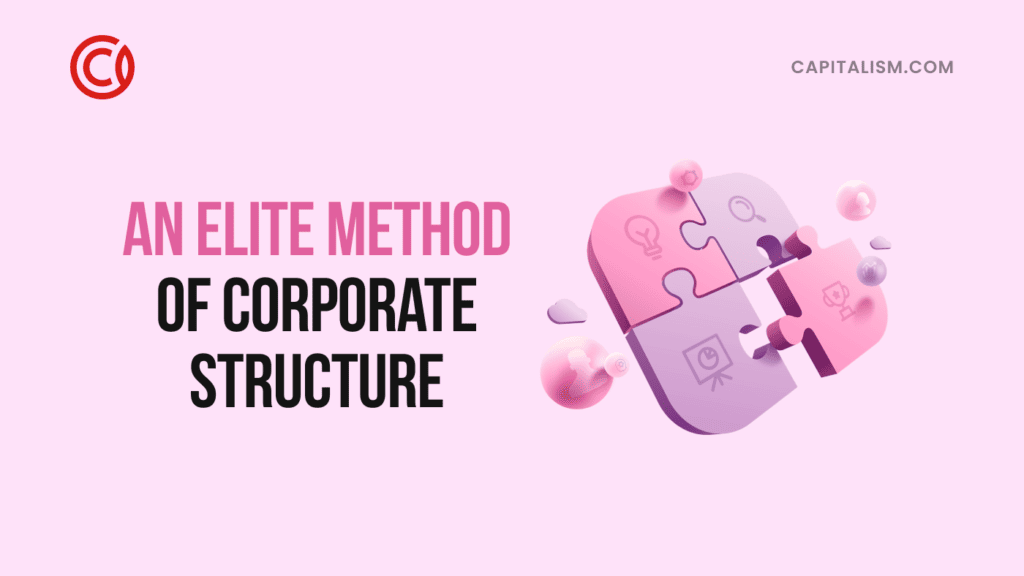Economists of all stripes have been warning that the U.S. is headed for a recession for quite some time now.
Joachim Fels, Global Economic Advisor for PIMCO, wrote that “nine of the past 10 U.S. recessions occurred under a Republican president.”
So is the U.S. doomed to fall into recession now that we have another Republican president?
While correlation fallacies may make for good headlines, they make for bad economics.
Any good economist would tell you that recessions do not occur in a flash, rather, they build up over time. Recessions occur as a result of a misallocation of resources during what is seen as the boom years, which eventually turn to bust as interest rates rise and unsustainable consumption rates decline.
Blaming Republican presidents for a recession that was a long time coming is highly disingenuous since the vast majority of these Republican presidents followed Democrat administrations.
But some economic partisans are arguing that it is Republican policies that are the cause of these recessions.
In a recent article by Jeff Spross writing for The Week, Spross argues that economic bubbles are entirely a Republican phenomenon. Let's explore some of the economic fallacies and outright historical inaccuracies ripe within the article.
Spross writes, “The New Deal and the war mobilization squashed the soaring inequality that preceded the Great Depression, and drove the unemployment rate down to an eye-popping 2 percent from 1943 to 1945.”
But as F.A. Hayek says in one of my favorite economic rap videos, creating employment’s a straightforward craft when the nation’s at war, and there’s a draft. If every worker were staffed in the army and fleet, we’d have full employment, and nothing to eat.
Now, Spross was right about one thing, however. Inequality did diminish during this time. But that was only because the U.S. government had nationalized a great deal of American industries and reallocated resources toward the war effort. And anybody who remembers this time in our history associate it with bread lines and ration cards, not rising prosperity.
He goes on to say regarding the prosperous years that followed, “high income tax rates drove money away from the pocketbooks of shareholders and corporate management, and into the pocketbooks of ordinary Americans instead.” It’s hard to read that statement without laughing.
It is absurd to believe that high tax rates on the wealthy in any way increases the incomes of ordinary Americans.
Not only is factually inaccurate (given that the surplus of tax revenue goes toward government coffers, not the average American) but theoretically illogical as well. Ordinary Americans often rely upon wealthy businessman to employ them.
The idea that government taking more of a wealthy man’s money can have a positive impact on the ordinary American makes no sense at all.
The main point that Spross is trying to relay in this article is that Republican policies create economic bubbles, thus lead to the inevitable recession. More specifically, lower tax rates, anti-union measures, and reducing regulations are what created the economic bubbles of the past, and therefore will lead us to another bubble.
He cites growing inflation during the 1970’s as a “fluke” and the Volker solution to raise interest rates in the early 80’s as a disaster that created a “massive and brutal recession in 1981.” He also argues that bubbles form from “some breakdown in policymaking and regulation” which he attributes as the cause of the “housing bubble in the 2000s.”
Spross outlines the standard progressive economic view to a tee and misses the mark on every main economic point. Inflation in the 70's wasn’t a “fluke” as he puts it, rather the inevitable consequence of a newly formed Fiat currency and easy credit policies by the Federal Reserve, coupled with price and wage controls.
The only way to rid the economy of all the inflated paper was to allow interest rates to rise as Volcker did. Saying that he forced a “brutal recession” with such a policy is entirely disingenuous. As Nobel Laureate Milton Friedman famously said, “Inflation is always and everywhere a monetary phenomenon.”
Then there is the issue of unions. If you talk to most progressives, you would think that unionization is somewhat of a staple in American labor.
They often give credit to unions as developing the 40-hour-work week, among a litany of labor protections that we benefit from via legislation today. But the reality is that before the Great Depression, the vast majority of workers did not belong to a labor union.
It wasn’t until the New Deal policies and wartime strategies of the FDR administration that essentially created labor cartels sympathetic to unions that union membership spiked. And history shows that union membership has been on the decline ever since.
And the last of the three pillars of progressive economics is regulation. The most common view held by those on the left is that the housing crisis occurred because there just weren’t enough restrictions on the banking industry and of course, deregulation.
Now, aside from the fact that few can articulate just what was deregulated before the crash, the reality is that since the 1930’s, the financial services industry has been one of the most heavily regulated industries in the country.
And the repeal of the Glass-Steagall Act – which forced commercial banks and investment institutions to be separate from one another – couldn’t have caused the crash since the housing boom was already underway when the act was repealed in 1999.
The housing crash was a mixture of low-interest rate policies by the Federal Reserve mixed with revisions to the Community Reinvestment Act (CRA) in the mid-1990’s that incentivized home buying and placed pressure on Fannie Mae and Freddie Mac to reduce lending requirements on mortgages purchased on the secondary market.
This pressure further incentivized the desire to bundle good mortgages with bad ones into mortgage-backed securities. While there is truth in the statement that the federal government took a blind-eye to the mortgage industry during the housing boom, it wasn’t due to a lack of due diligence, rather by its own design.
But back to the central thesis. Is the U.S. headed for a recession? Probably, but not for any of the reasons that Spross or those of his ilk are suggesting.
The reality is, we treated an asset boom created by low-interest rates and bad economic policies with still lower interest rates and even worse economic policies.
There are credit bubbles forming all over the place, including personal credit card debt, auto loans, and student loans. We have a declining workforce while minimum wages are rising in many different states, which will only exacerbate shortages in skilled labor.
While Trump is not responsible for the poor direction the economy has already been leaning in, if Trump gets his way with increasing tariffs on imported goods and restricting immigrant labor, I would argue that a recession during his presidency is all but guaranteed.
But I don’t know what tomorrow holds. For all I know, the next four years can yield some great technological advancements that create vast opportunities across the entire spectrum of industry thereby offsetting any loss in economic activity from the poor Obama economy and Trump’s bad policies. Nothing is ever guaranteed in a dynamic economy that is always changing.
That is precisely why we should advocate for fewer government controls over the economy. Recessions do not occur according to some creative timetable as some have theorized in the past. The passage of time does not connote the coming of a new business cycle.
Human beings tend to be driven by incentives. And when government attempts to magnify certain outcomes at the expense of others using its various methods and tactics, it sets the stage for malinvestment to magnify as well. And there is always a reckoning when too many resources are allocated toward unsustainable ventures that won’t yield the necessary results for growth to occur. But all too often are the consequences of this meddling met with cries for still more meddling.
And around and around we go.
RELATED:
• Think College is Necessary? Think Again.
• Déjà Vu? Federal Reserve ‘Finally’ Raises Interest Rates












